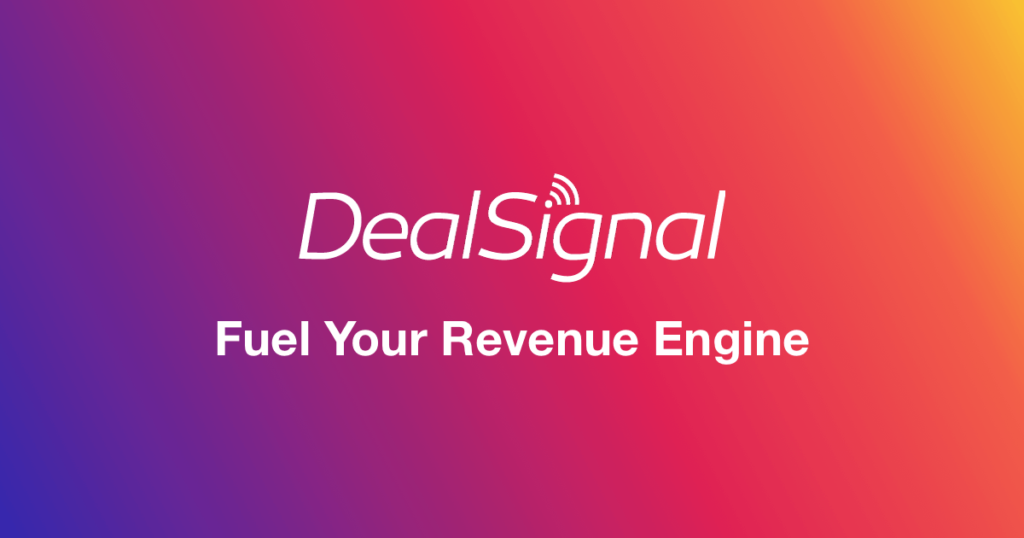Lead generation refers to the process of identifying and capturing potential customers or “leads” for a business’s products or services. It is a fundamental aspect of sales and marketing strategies aimed at expanding a customer base and driving business growth. Lead generation involves various tactics and techniques designed to attract individuals or entities that have shown interest in a business’s offerings. These potential leads can then be nurtured through the sales funnel with the goal of converting them into paying customers.
Lead generation is crucial for businesses seeking to grow their customer base and increase revenue. By continuously attracting and engaging potential customers, businesses can create a pipeline of qualified leads that can be nurtured into loyal clients. Effective lead-generation strategies help ensure a steady flow of prospects, which is essential for sustaining business growth and achieving long-term success.
Key Components of Lead Generation:
- Understanding the Target Audience: Identifying the characteristics, needs, and behaviors of potential customers to tailor lead generation efforts effectively.
- Content Marketing: Creating valuable content, such as blog posts, ebooks, webinars, and videos, that attracts and engages potential leads.
- SEO and SEM: Utilizing search engine optimization (SEO) and search engine marketing (SEM) techniques to increase visibility and attract organic and paid traffic.
- Social Media Marketing: Leveraging social media platforms to reach and engage with potential leads through targeted content and advertisements.
- Email Marketing: Using email campaigns to nurture leads, provide valuable information, and encourage further engagement.
- Landing Pages and Forms: Designing effective landing pages and forms to capture lead information, such as names and email addresses.
- Lead Magnets: Offering incentives, like free trials, discounts, or exclusive content, to encourage potential leads to provide their contact information.
- Paid Advertising: Using paid ads on platforms like Google Ads, Facebook, and LinkedIn to reach targeted audiences and generate leads.
Benefits of Lead Generation:
- Increased Revenue: By generating a steady stream of qualified leads, businesses can increase their sales and revenue.
- Market Expansion: Lead generation helps businesses reach new markets and expand their customer base.
- Brand Awareness: Effective lead generation strategies enhance brand visibility and awareness.
- Customer Insights: Gathering data from lead generation efforts provides valuable insights into customer preferences and behaviors.
- Improved ROI: Targeted lead generation efforts result in higher conversion rates and a better return on investment (ROI).
Lead generation is an ongoing process that requires a deep understanding of the target audience, effective communication strategies, and the ability to adapt to changing market dynamics. Successful lead generation efforts result in a steady flow of qualified leads, ultimately contributing to a business’s revenue growth and success. By implementing a comprehensive lead generation strategy, businesses can attract and engage potential customers, build relationships, and drive long-term growth.
« Back to Glossary Index



